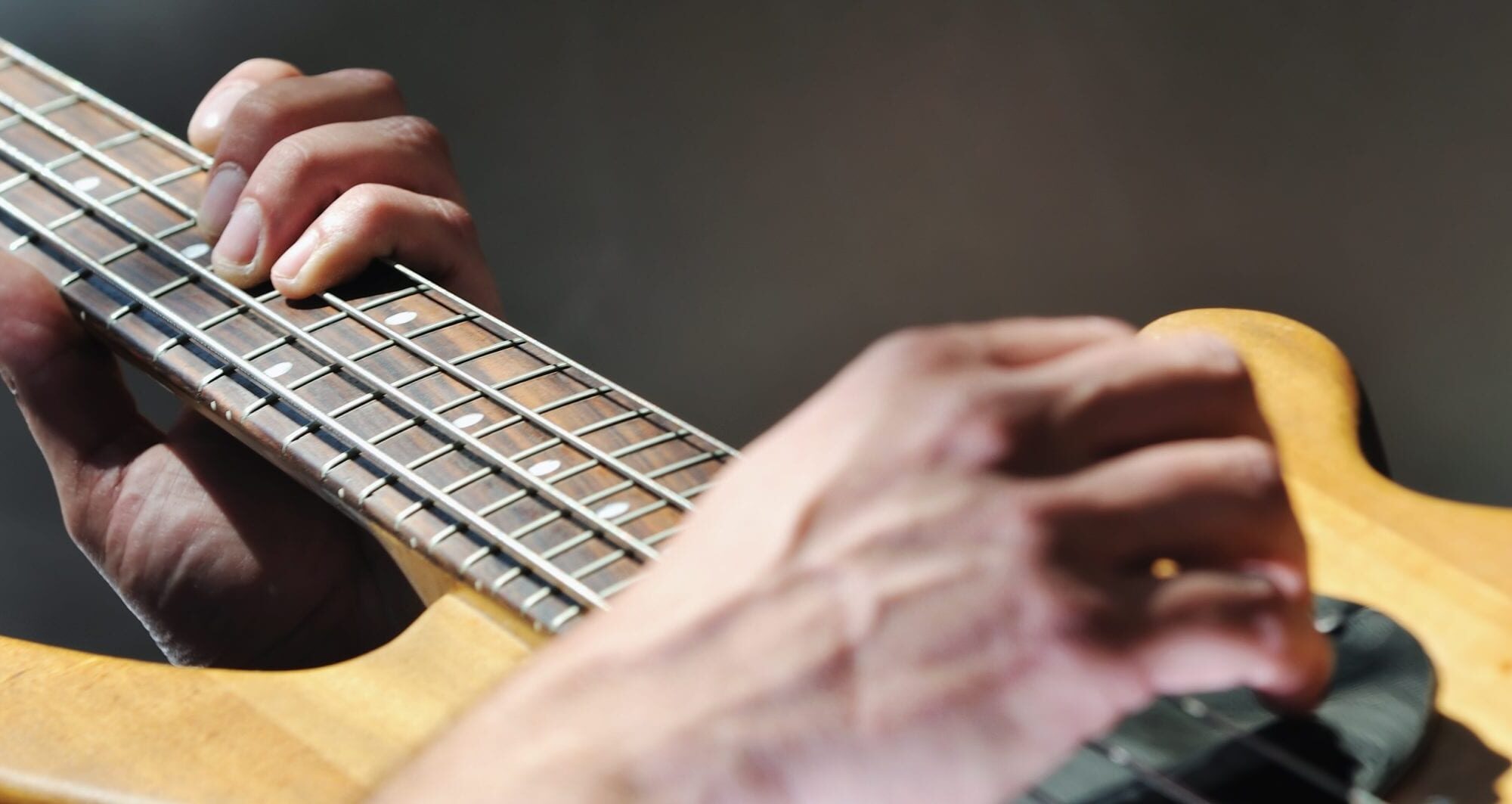Question about Notes on the Fretboard
Ask and you shall receive. Matter of fact, it is really helpful to me if the student freely asks about things he or she is confused about. Got this one earlier today from one of my awesome students. This one illuminates how terms can be cause for confusion, so it is important questions like this are a stepping stone on the road to reaching understanding of the fretboard.
Ariane when you’re in a band or are recording a song and you’re told to start on a certain key, for instance G, how do you know what string to start on?
First you want to figure out which notes you need to play (like the roots of the chords or the chord notes of the beginning chord); then determine which range you want to play in (talking in bass register):
- low: the lowest octave; on a four-string from E1 (the open low E) to E2 (this note is found on the second fret of the D string as well as the seventh fret of the A string).
- middle: the 2nd octave from E2-E3. E 3 is the 9th fret of the G string (or the 14th fret of the D string).
- high – which is unlikely unless you start with a fill or solo – but that would then be the range above the 9th fret of the G string (or the 14th fret of the D string, respectively).
When in doubt:
Start with the lowest octave because it gives the others the most room. And it is always easy to shift higher quickly if required.
Two more things here regarding terms:
- Starting chord is not necessarily the key a piece is in. The question how to figure out what key a piece is in is another important one. I will tackle this in an upcoming post!
- And lastly, to answer your question with two words: any string. A G is a G on the E string, is a G on the A string is a G on the D etc. make sense? Pick the one that comes easiest in the context of what is next and which octave you want (low or high, sounds different).
And in order to find the notes on the strings and practice them in a systematic way I suggest you do
All the note naming exercises in the first chapter of my book are also killer to get the basics down. Actually quite tricky if you do as prescribed 🙂
Happy grooving, you are asking great questions on the way to getting that fretboard down!

